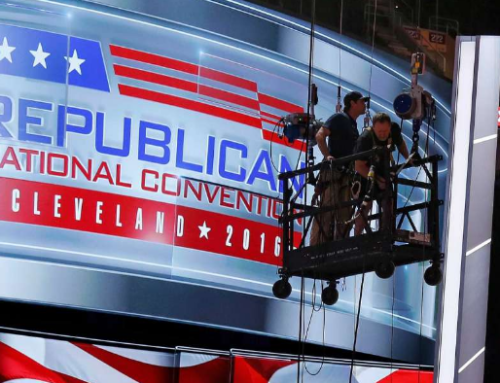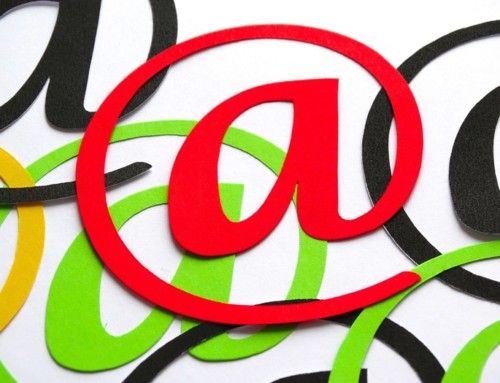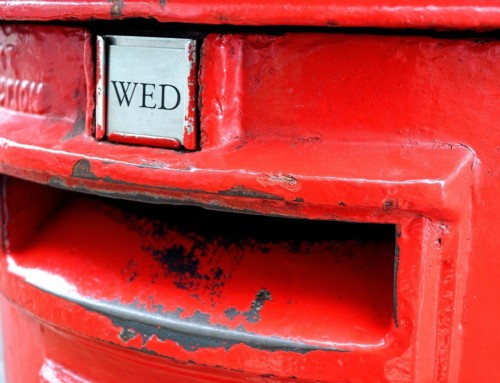Snooze.
The modern professional sports franchise has two necessities when picking a name. The first is that a name shouldn’t be so specific so that a team cannot be moved. Paradoxically, the second is to mean everything to everyone, therefore meaning nothing to anyone, and making it more likely the team will eventually need to move, thus necessitating the first point. This is sad.
Amongst today’s professional sports franchises there exist a number of teams with names that have some narrow territorial connection. These include the Dolphins, Sharks and Marlins of Florida, the Minnesota Twins (for the Twin Cities), and Portland’s Trailblazers. Other geo-taxonomied teams include the 76ers and the 49ers, the Patriots and the Saints.
Texas teams are especially good at this, including the Mavericks, Rangers, Spurs, Astros, Rockets, Cowboys and the (duh!) Texans.
But then there are teams that are connected to the true specific past of the people, not just perceived tradition or environment (e.g. Cowboys, Dolphins). This past is economic and real and wholly meaningful because it has been lost. These are teams that carry names that tell us something about the past of their fans.
Blue collar teams with blue collar names from places with a dying blue collar tradition. In the 1940s, when Pittsburgh’s Steelers took their name, the city was producing around tens of millions of tons. The same decade saw the creation of the NBA’s Pistons, named for the Zollner Corporation’s auto parts specialty. Many other so named teams have, like their once prosperous industries, faded into forgotten history like the Pittsburgh Ironmen.
This is especially meaningful to us as our home teams include two such teams. The Green Bay Packers, named after the Indian Packing Company. And the Milwaukee Brewers, named after the now gone many beer manufacturers of the city’s past.
Look forward to our full Worst Team Logos Hall of Fame soon to come.





